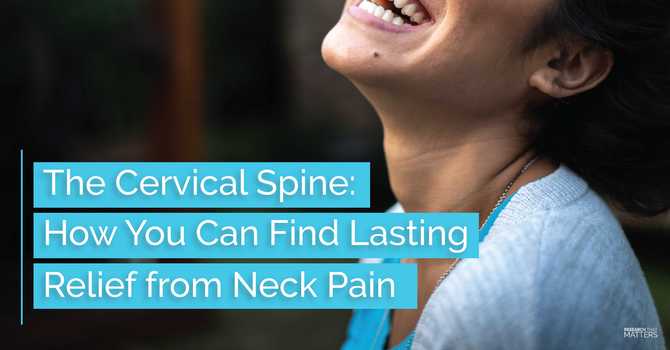
We know that nutritional changes can help with many different chronic diseases, but could it help with something as complicated as PCOS? Polycystic Ovary Syndrome, or PCOS, has drastically increased in prevalence over the last 2 decades. Today it is the most common hormonal abnormality in young women in the US and the most common cause of infertility.
PCOS is a condition where small cysts form in the ovaries. These cysts begin producing large amounts of androgens, sex hormones that are responsible for regulating different reproductive functions in the body. The body needs a healthy balance of sex hormones to function properly. Overproduction of androgens in women can cause many of the common symptoms of PCOS such as missed periods, weight gain, excess body hair, and infertility.
The Link Between PCOS and Glycotoxins (AGEs)
Obesity has always been considered one of the highest risk factors for PCOS. However, recent studies have shown that diet may be playing more of a role in the development of the disease. The research saw an elevation in the levels of advanced glycation end products, also known as AGEs or glycotoxins, in PCOS patients' blood. Theories originally suggested that foods high in glycotoxins tend to cause obesity and thus cause PCOS, explaining the connection. However, glycotoxin levels were also elevated in lean women with PCOS.
Glycotoxins are made while cooking certain foods at high temperatures. Sugars will bond with proteins at high heat in a process called glycation. Cooking foods in high heat while grilling, frying, or toasting increases the amount of glycotoxins in foods. These molecules have been studied for many years and have been found to be pro-inflammatory and have been linked to a number of reproductive disorders. The receptor protein that glycotoxins attach to is highly expressed in ovaries and makes them particularly sensitive to its effects.
Treating Disease By Blocking Glycotoxins
Glycotoxins have been the target in battling conditions such as diabetes, cardiovascular disease, and renal disease for many years. Drugs have been developed to stop the absorption of glycotoxins in the digestive tract; however, while these drugs are successful in lowering glycotoxin levels, the drugs also inhibit the absorption of helpful nutrients.
Instead of drugs, it is possible to reduce glycotoxin levels through lifestyle changes. First, if you are a smoker, try to quit; cigarette smoke is the largest contributor to glycotoxins in the body. There are numerous resources in your local community and online that can help you in your journey to quit smoking. Next, try to decrease your intake of foods high in glycotoxins. You can start by replacing one of your fried, broiled, or seared meats with steamed meat each week. Lastly, you can do your best to combat any effects that current glycotoxins are having on your body by increasing your intake of antioxidant-rich foods. Blueberries, strawberries, raspberries, beets, and spinach are all loaded with antioxidants that help combat the harmful byproducts of glycotoxins.
Do Diet Changes Really Help With PCOS?
Many studies have shown that diet modifications decrease glycotoxins drastically in the body. These decreases are then followed by a reduction in both inflammatory markers and symptoms related to multiple chronic diseases. In patients with PCOS, within two months of dietary changes, there were reductions in insulin sensitivity and drastic changes in hormonal status.
Making dietary changes while you are struggling with a chronic condition can be extremely difficult. Here at Rush-Henrietta Family Chiropractic, our Rochester Nutritionist has been helping people modify their existing diets to help manage many different chronic diseases. Schedule a free consultation today and learn how the support of a nutritionist in Rochester can help reduce symptoms and improve your overall health.
References
https://pubmed.ncbi.nlm.nih.gov/15181052/
https://www.ncbi.nlm.nih.gov/pmc/articles/PMC2645629/
https://www.ncbi.nlm.nih.gov/pmc/articles/PMC4422896/
https://www.ncbi.nlm.nih.gov/pmc/articles/PMC4690076/
https://pubmed.ncbi.nlm.nih.gov/9391127/
.jpg)

